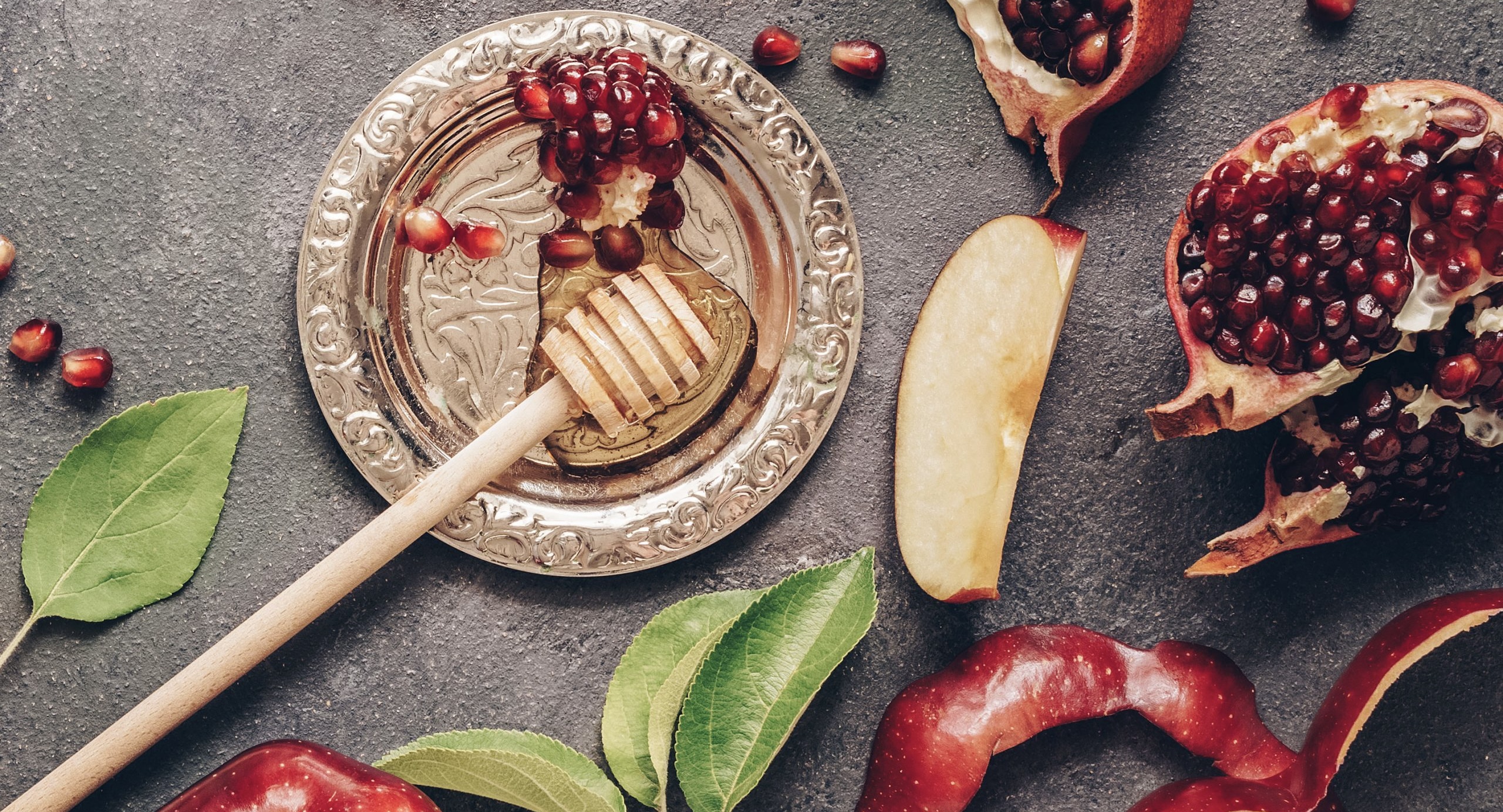Rosh Hashanah

Rosh Hashanah is observed on the 1st of Tishrei.
In Hebrew, Rosh Hashanah means, literally, “Head of the Year,” and as its name indicates, it is the beginning of the Jewish year. The anniversary of the creation of Adam and Eve, it is the birthday of mankind, highlighting the special relationship between God and humanity.
The primary theme of the day is our acceptance of God as our King The primary theme of the day is our acceptance of G d as our King. The Kabbalists teach that the renewal of God’s desire for the world, and thus the continued existence of the universe, is dependent upon this. We accept God as our King, and God is aroused, once again, with the desire to continue creating the world for one more year.
The central observance of Rosh Hashanah is the sounding of the shofar, the ram’s horn. The sounding of the shofar represents, among other things, the trumpet blast of a people’s coronation of their king. The cry of the shofar is also a call to repentance.
We eat a piece of apple dipped in honey to symbolize our desire for a sweet year, as well as many other special foods. All have special significance and symbolize sweetness, blessings, and abundance. We bless one another with the words Leshanah tovah tikateiv veteichateim, “May you be inscribed and sealed for a good year.”
We leave our old shortcomings behind us, thus starting the New Year with a clean slate. We go to a lake, river or to the sea and recite the Tashlich prayers, where we symbolically cast our sins into the water.
